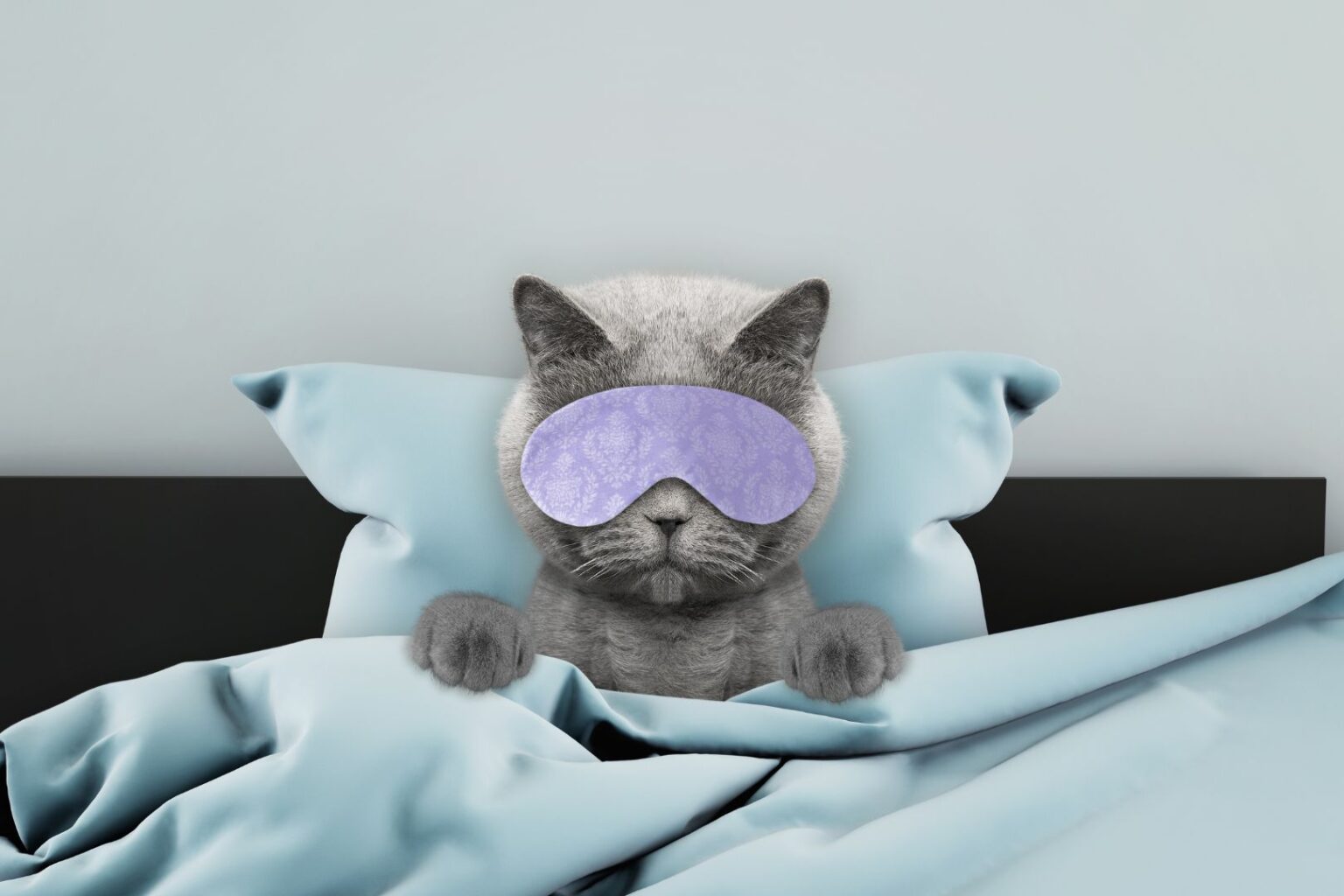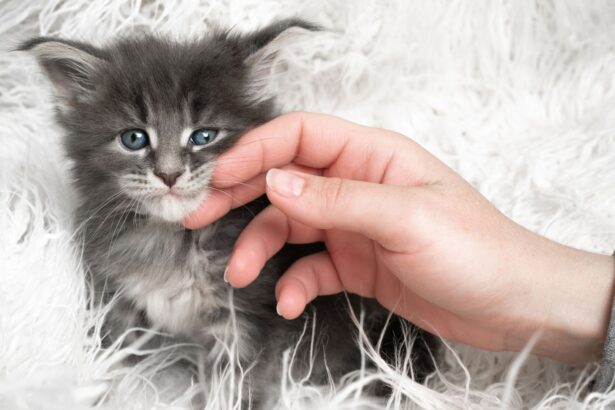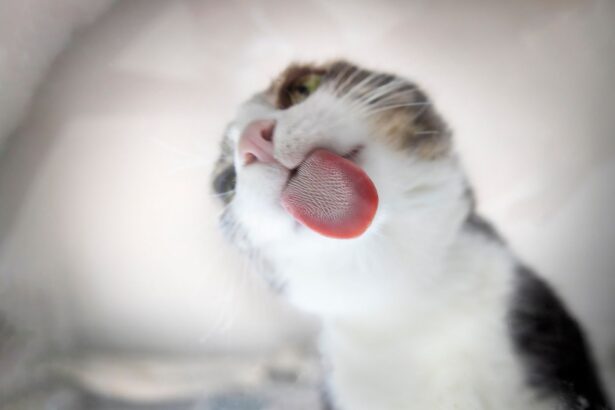Why do cats sleep so much?
Every cat owner has probably noticed that our feline friends spend a large part of their lives in the arms of Morpheus. Indeed, a cat can sleep an average of 12 to 16 hours a day, but what explains this excessive need for sleep?
A cat’s sleeping time can be influenced by a number of factors; their ancestral hunting habits are one of them. Cats are natural hunters and, in the wild, spent a lot of time sleeping to conserve their energy for the hunt. Even if your cat doesn’t need to hunt for food, this behavior is ingrained in their DNA.
Another factor influencing a cat’s sleep time is age. Kittens and older cats tend to sleep longer. A kitten may sleep up to 20 hours a day, while a senior cat will need more rest than a fully-fit adult cat.
The Cat’s Sleep Cycle – Light and Deep Sleep Phase
Like humans, cats go through two main sleep phases: light sleep and deep sleep, but what are they like? Knowing these steps can help determine whether your cat is getting quality sleep.
The first phase is light sleep, during which your cat is in a semi-conscious state. It’s easy to wake them up at this stage, and you can see their ears twitching and their eyelids twitching slightly.
The second phase is deep sleep, when the cat is completely relaxed and sleeps deeply. It’s during this phase that they are recharging their batteries, and cats may even snore or make noises during this time!
The Impact of the Environment on Cat Sleep
Your cat’s environment has a major influence on the quality and duration of his sleep. Make sure you create an environment conducive to good sleep. A noisy, distracting or excessively bright environment can disrupt their sleep cycle. Similarly, a cat may become more agitated if it is anxious or stressed by changes in its environment.
Choosing the right cat bed
Choosing the right bed is essential for your cat’s sleep. The ideal bed for your cat should be comfortable, cozy and adapted to its size. Good cat bedding should also take into account individual preferences. Some cats prefer an open bed, some like closed beds, while others may simply prefer a cozy rug or their owner’s sofa.
In terms of materials, a soft, warm and comfortable bed is often the best option. The bed should also be easy to clean, as an unpleasant-smelling bed can deter your cat from using it. A good bed can even help avoid common sleep problems in cats, such as disturbing the owner at night to warm up the bed.
Creating a Soothing Sleep Environment
Creating a peaceful, conducive sleeping environment is essential for your cat’s quality of sleep. This is where room atmosphere, noise level, light level, temperature and safety come into play.
A quiet place, away from noisy televisions, washing machines or loud chatter, can help your cat relax more during sleep. What’s more, the room must be dark enough at night.
Temperature is also a key factor; cats prefer a warm room. You can also improve your cat’s sleeping environment by installing a cat tree. This can provide a safe, elevated refuge where your cat can relax and sleep.
Identifying and Treating Sleep Problems in Cats
Despite our cats’ reputation as sleepers, they can also have sleep problems. So it’s vital to be able to identify them so you can seek help quickly. Signs that your cat may have a sleep problem include a change in sleep schedule, excessive snoring or insomnia.
Sleep disorders in cats can have a variety of causes, including stress, anxiety, pain, eating disorders or even certain medications.
If you suspect your cat has a sleep problem, it’s advisable to consult your vet. You can also read our article on cat health problems to find out more.
The Key Role of Sleep in Your Cat’s Well-Being
In conclusion, sleep plays an indispensable role in your cat’s health and well-being. A good night’s sleep helps maintain a healthy immune system, boost cognitive function and promote your cat’s good mood.
So understanding your cat’s sleeping habits, being able to spot the signs of problems and knowing how to create an environment conducive to good sleep can contribute to a happy, healthy life for your feline. Remember, a well-rested cat is a happy, healthy cat.
Keep exploring our site for more information and tips on how to improve your cat’s well-being, and don’t forget… Let your cat dream!








